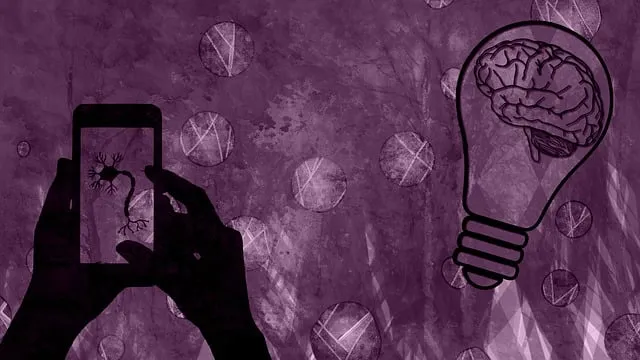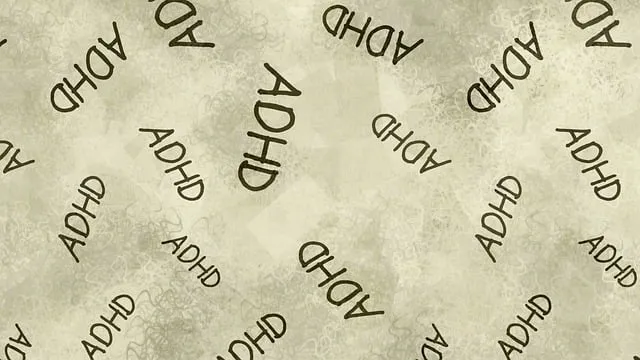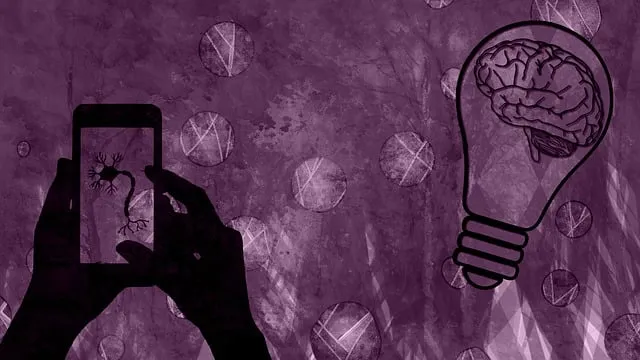The Wheat Ridge Kaiser mental health programs prioritize social skills training as a cornerstone of their holistic approach to managing and enhancing mental well-being. By integrating evidence-based practices, safe spaces, and public awareness, these programs address anxiety, depression, and trauma, fostering a supportive network crucial for healing. Through specialized support, communication skills development, and self-care practices, individuals gain confidence in social interactions, improving overall well-being and inclusion. Wheat Ridge Kaiser's unique blend of social skills training and community outreach empowers individuals, offering transformative solutions tailored for lasting mental health support.
Social skills training is a vital component of managing mental health conditions, offering a supportive environment to navigate complex interactions. This article delves into the intricate link between social skills and mental wellness, exploring challenges faced by individuals with various disorders. We highlight the comprehensive programs at Wheat Ridge Kaiser Mental Health Programs, known for their success in teaching essential social skills. Additionally, we provide practical strategies and tips for integrating these skills into daily life, empowering individuals to thrive socially while managing their mental health.
- Understanding the Link Between Social Skills and Mental Health
- Identifying Challenges in Social Interaction for Individuals with Mental Health Conditions
- The Role of Wheat Ridge Kaiser Mental Health Programs in Social Skills Training
- Effective Strategies for Developing Social Skills in a Supportive Environment
- Integrating Social Skills Training into Daily Life: Tips and Techniques
Understanding the Link Between Social Skills and Mental Health

Social skills training is a vital component in managing and improving mental health conditions. The link between social connections and psychological well-being is undeniable. Wheat Ridge Kaiser mental health programs have recognized this, integrating social skills development into their treatment plans. By fostering healthy interactions and relationships, these programs aim to enhance individuals’ coping mechanisms and overall resilience.
Incorporating social skills training addresses the interrelated aspects of mental health challenges, such as anxiety, depression, and trauma. The Stress Management Workshops Organization, for instance, offers evidence-based practices to build a supportive network, an essential aspect of healing. Additionally, Trauma Support Services focus on safe and inclusive spaces to encourage social engagement, helping individuals process their experiences and rebuild trust in others. Public Awareness Campaigns Development also plays a role in breaking down stigma, encouraging open conversations about mental health, and promoting the importance of social connections for overall well-being.
Identifying Challenges in Social Interaction for Individuals with Mental Health Conditions

Many individuals with mental health conditions face significant challenges when it comes to social interaction. Conditions like depression, anxiety disorders, and bipolar disorder can impact an individual’s ability to engage in conversations, interpret social cues, and maintain relationships. This is particularly evident in environments such as schools, workplaces, or community spaces, where successful social navigation is essential for overall well-being and inclusion. For instance, someone with social anxiety may experience severe discomfort in crowded places or during group discussions, hindering their ability to participate fully in everyday activities.
Wheat Ridge Kaiser mental health programs recognize these challenges and offer specialized support through various therapeutic interventions. These programs often include teaching effective communication strategies, helping individuals manage and reduce symptoms of anxiety relief, and promoting self-care practices tailored to their specific needs. By gaining skills in social awareness, assertiveness, and emotional regulation, participants can enhance their interactions with others, build stronger connections, and improve their overall quality of life.
The Role of Wheat Ridge Kaiser Mental Health Programs in Social Skills Training

The Wheat Ridge Kaiser mental health programs have made significant strides in providing comprehensive social skills training tailored to individuals with various mental health conditions. These programs recognize the intricate link between social interaction, emotional well-being, and overall recovery. Through innovative approaches, they offer a safe space for clients to cultivate essential social competencies while learning effective coping strategies.
One standout aspect of Wheat Ridge Kaiser’s offerings is their emphasis on trauma-informed care, particularly through Trauma Support Services. These services integrate self-care routine development for better mental health, empowering individuals to navigate social situations with enhanced resilience. Moreover, compassion cultivation practices play a pivotal role in fostering empathy and positive connections, ultimately enriching the social skills training experience.
Effective Strategies for Developing Social Skills in a Supportive Environment

Social skills training is a powerful tool within mental health programs, offering individuals the chance to flourish in supportive environments. At Wheat Ridge Kaiser, our mental health professionals employ effective strategies tailored to diverse needs. We foster a community-oriented approach, encouraging participants to build resilience through interactive workshops and group discussions. This enables them to navigate social interactions with increased confidence and poise.
Our Community Outreach Program Implementation goes beyond traditional therapy, creating safe spaces where connections thrive. By integrating burnout prevention strategies for healthcare providers, we ensure that both the facilitators and the individuals receiving support remain motivated and engaged. These holistic methods not only accelerate the learning process but also promote lasting positive changes in participants’ lives.
Integrating Social Skills Training into Daily Life: Tips and Techniques

Integrating Social Skills Training into Daily Life: Tips and Techniques
At Wheat Ridge Kaiser mental health programs, we understand that developing social skills is a crucial component in supporting individuals with various conditions. Social Skills Training (SST) doesn’t have to be a formal process; it can be incorporated into daily routines to foster meaningful connections and improve overall well-being. Start by identifying specific areas where you want to enhance your interactions, whether it’s initiating conversations, maintaining eye contact, or practicing active listening. Break these skills down into manageable steps and practice them consistently in various settings, from social gatherings to public spaces.
Utilize resources like role-playing exercises, where you simulate real-life scenarios with a trusted friend or therapist. Public Awareness Campaigns Development can provide valuable insights into different social cues and behaviors, enabling you to navigate social situations more comfortably. Remember, Crisis Intervention Guidance is always available when facing overwhelming challenges during social interactions. Embrace these techniques, be patient with yourself, and celebrate small victories along the way as you integrate SST into your daily life.
Social skills training, as offered by the Wheat Ridge Kaiser mental health programs, plays a pivotal role in enhancing the lives of individuals with mental health conditions. By understanding the connection between social skills and mental well-being, we can identify and address challenges in social interaction. Effective strategies, when integrated into daily life, foster growth and enable individuals to navigate social situations with increased confidence. These programs, tailored to meet individual needs, are a game-changer in supporting holistic recovery.






